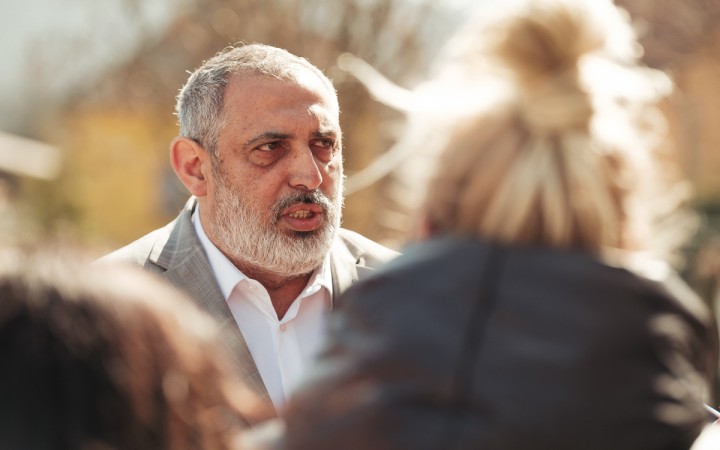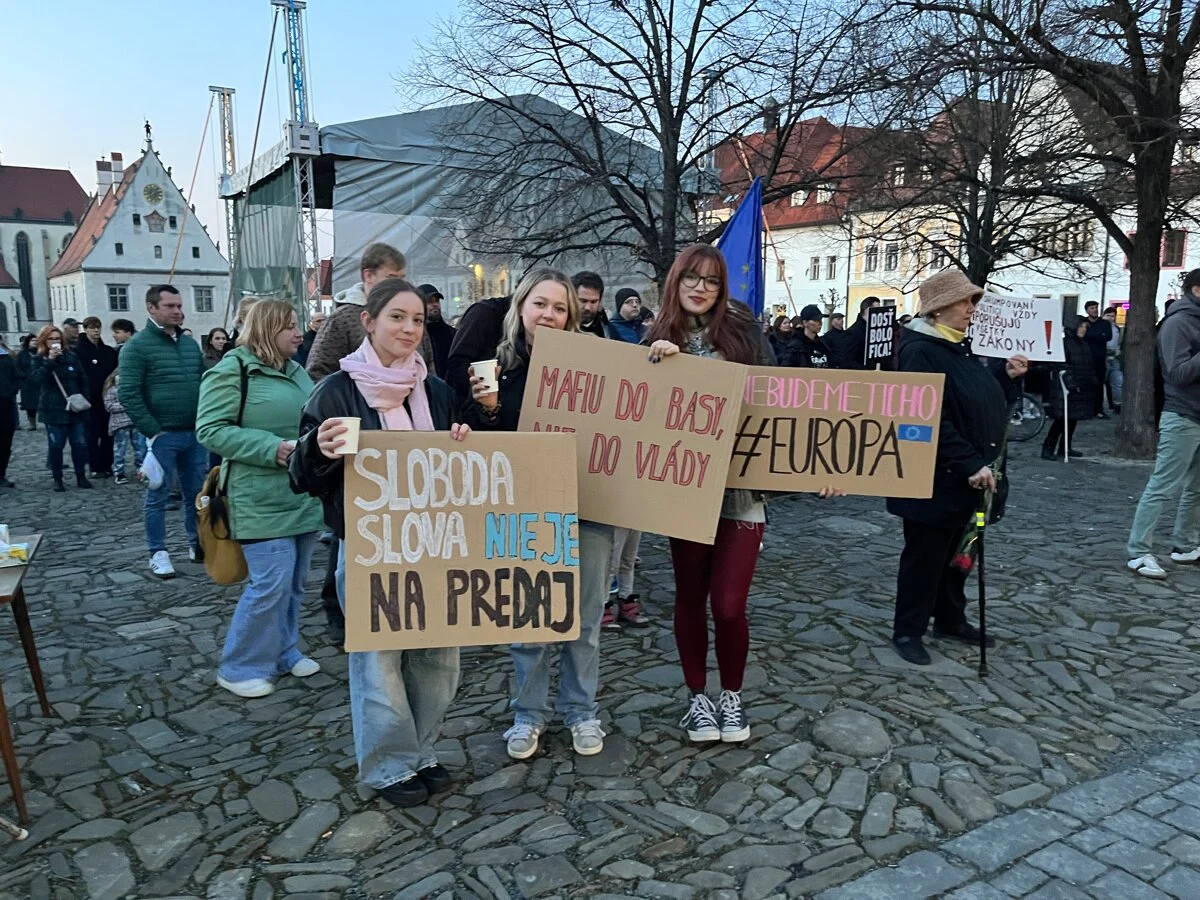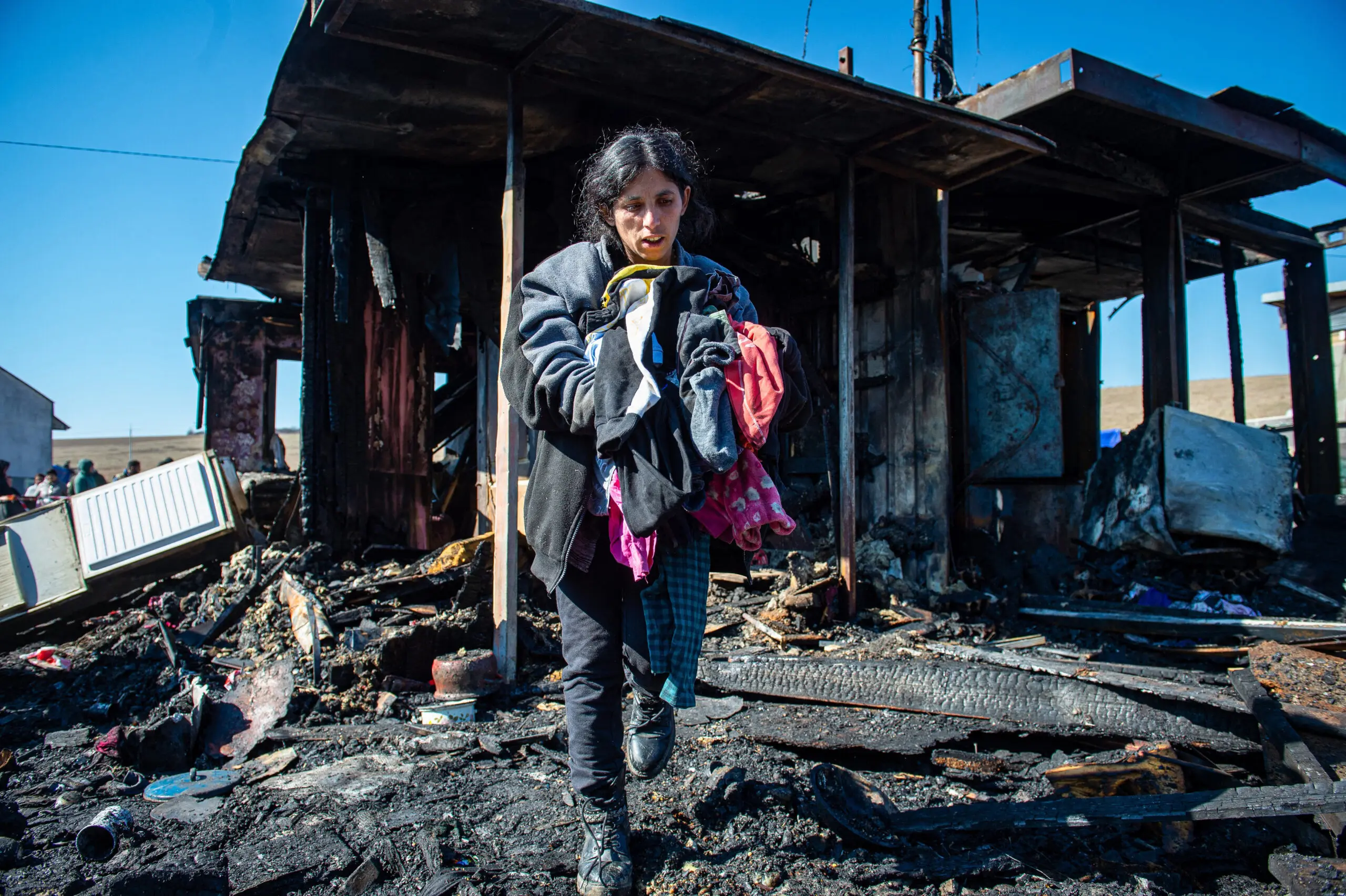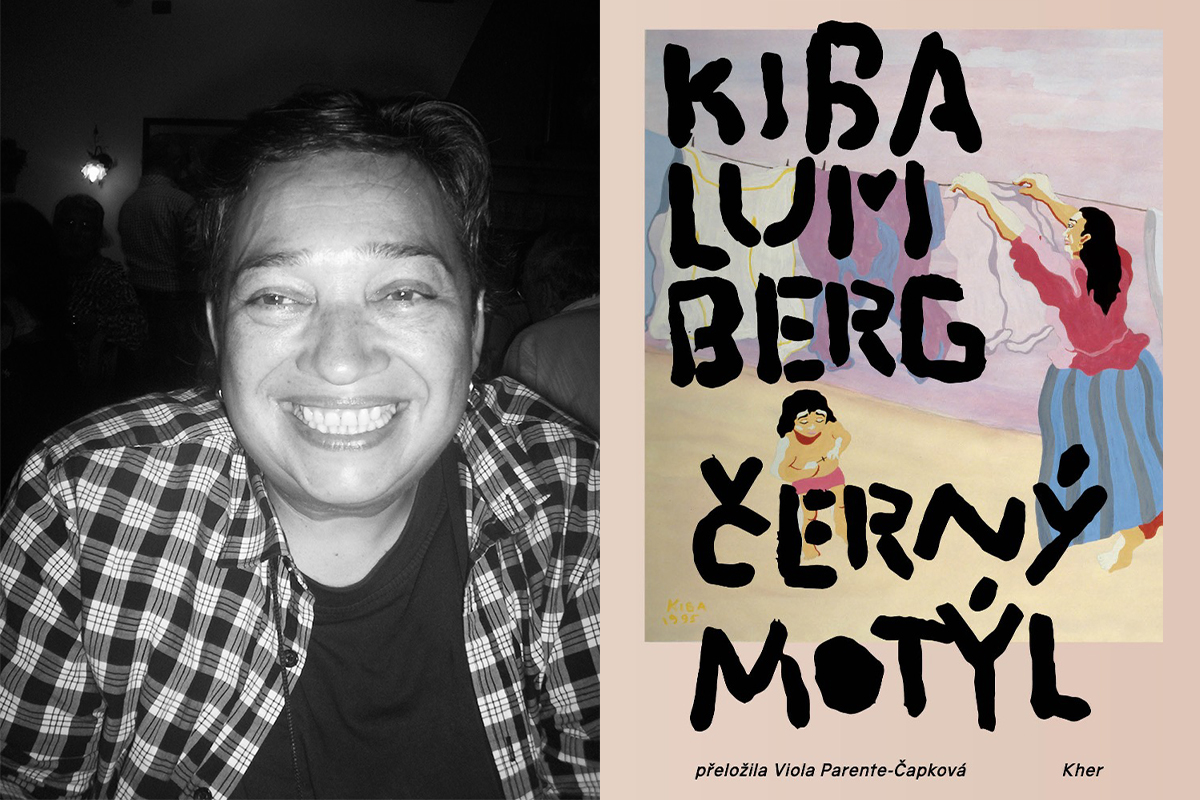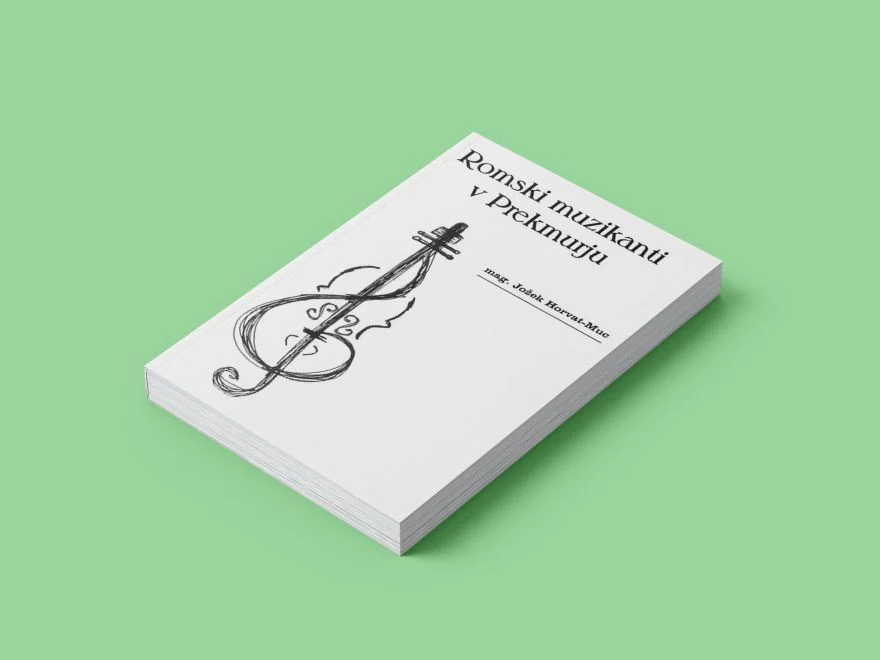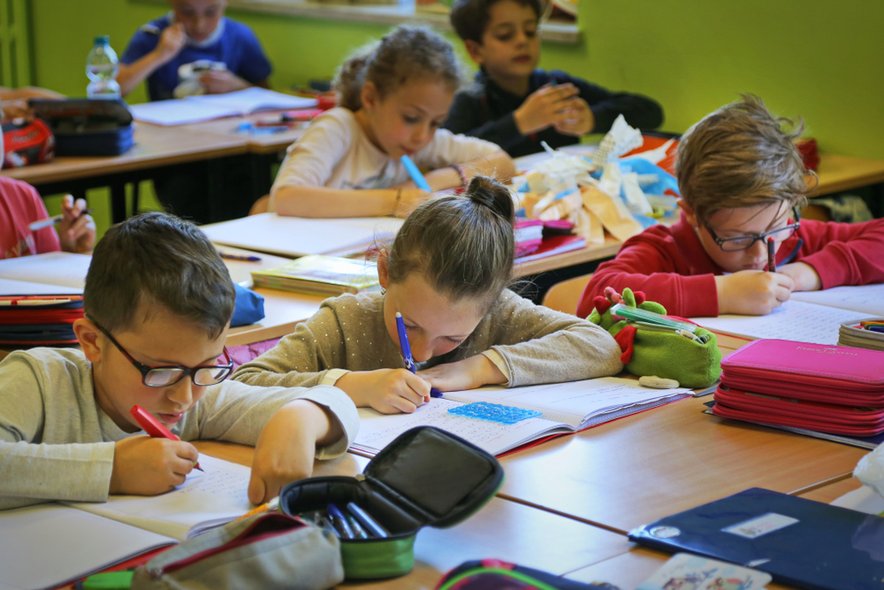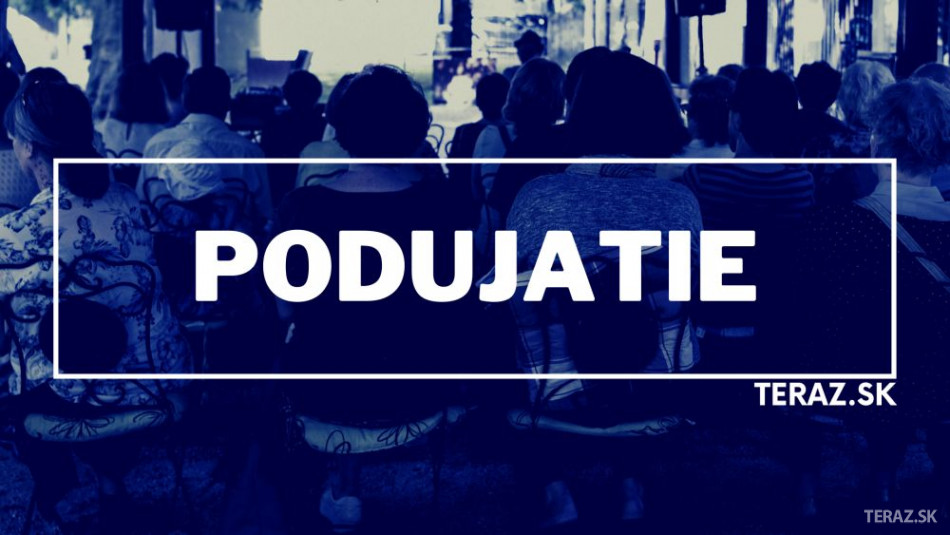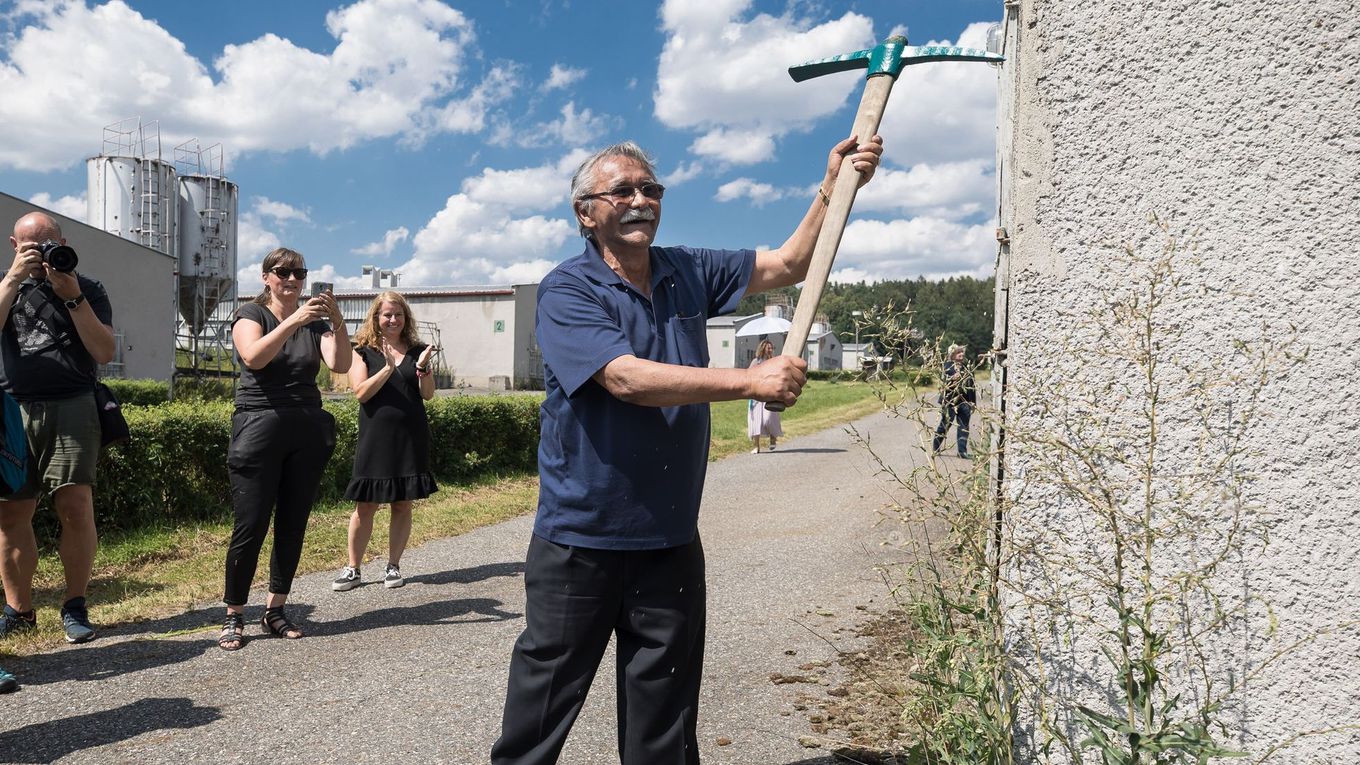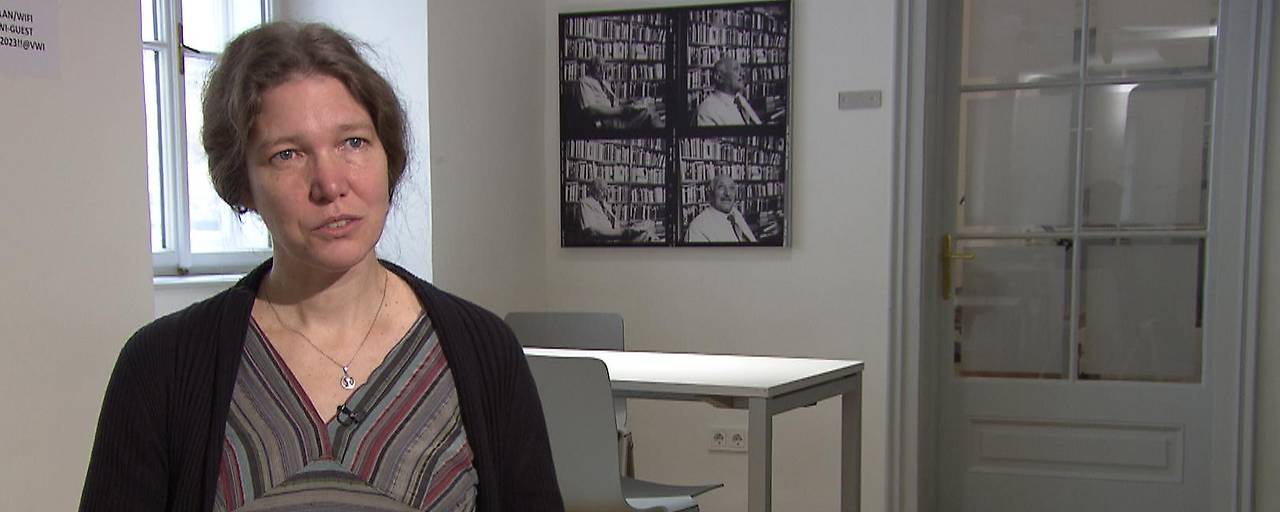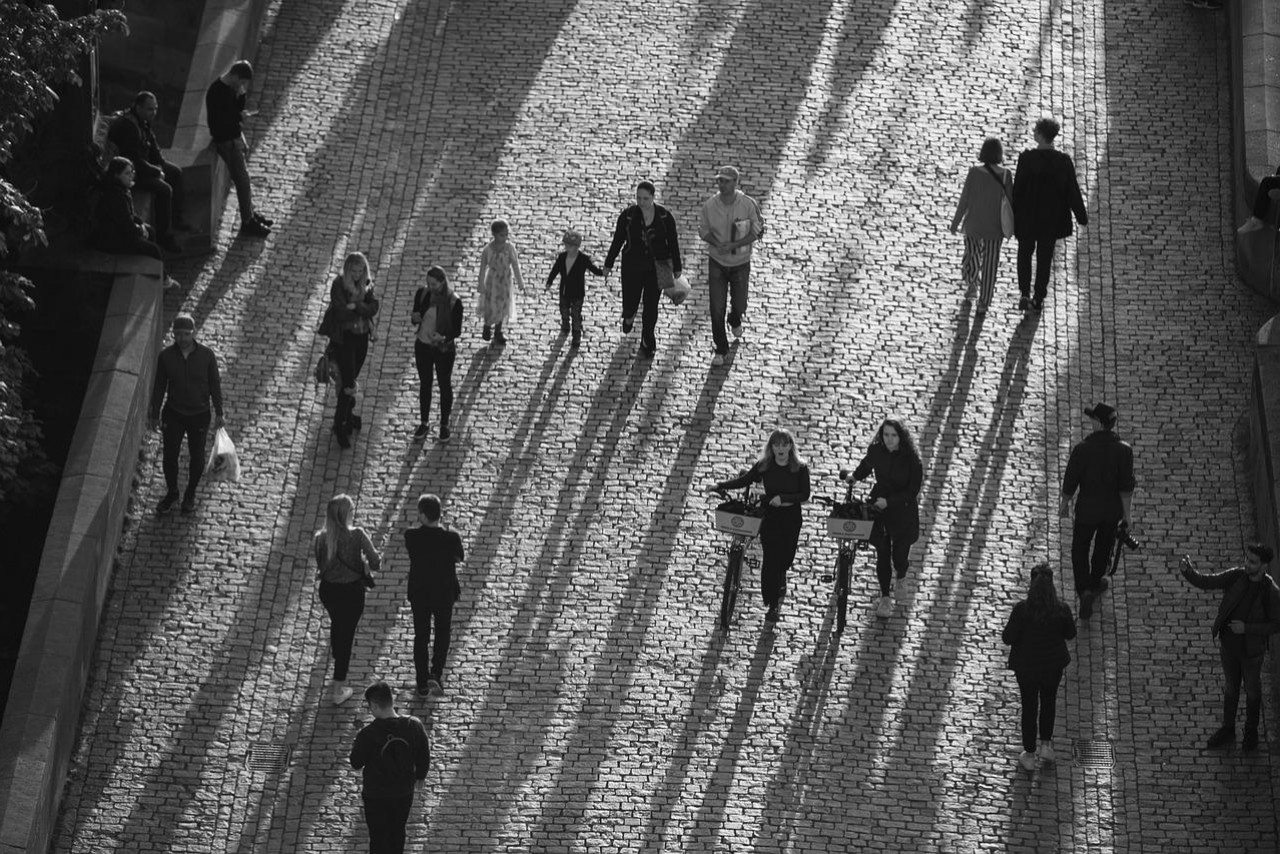Many articles in the Slovak and in the Czech press about the fire in the Roma settlement of Veľkém Šariši which killed 4 children and a woman and destroyed several houses. Alexander Daško, the government’s plenipotentiary for Roma communities, went in the settlement in the Prešov region. He wants to go to Brussels and provide modular housing for the Roma in the settlements.
Up till now, he hasn’t done much to help and is heavily criticised.
- Na mieste tragédie vo Veľkom Šariši zriadili pietne miesto. Hovorili sme s otcom troch z detí, ktoré zahynuli. In: TV Noviny. 21.03.2025. https://tvnoviny.sk/domace/clanok/958530-zapalili-sviecky-a-spolu-sa-pomodlili-romovia-zriadili-na-troskach-tragedie-vo-velkom-sarisi-pietne-miesto?campaignsrc=tn_clipboard
- Po tragédii vo Veľkom Šariši zrovnali miesto požiaru so zemou. Ľuďom poskytnú nehorľavé bunky. In: TA3. 21.03.2025. https://www.ta3.com/clanok/986127/po-tragedii-vo-velkom-sarisi-zrovnali-miesto-poziaru-so-zemou-ludom-poskytnu-nehorlave-bunky
- Splnomocnenec po požiari v rómskej osadeJe to tragédia, strašne ma to mrzí, povedal. Rómom sľúbil nové unimobunky. In: Postoj. 21.03.2025. https://www.postoj.sk/172517/je-to-tragedia-mna-to-strasne-mrzi-povedal-romom-slubil-nove-unimobunky
